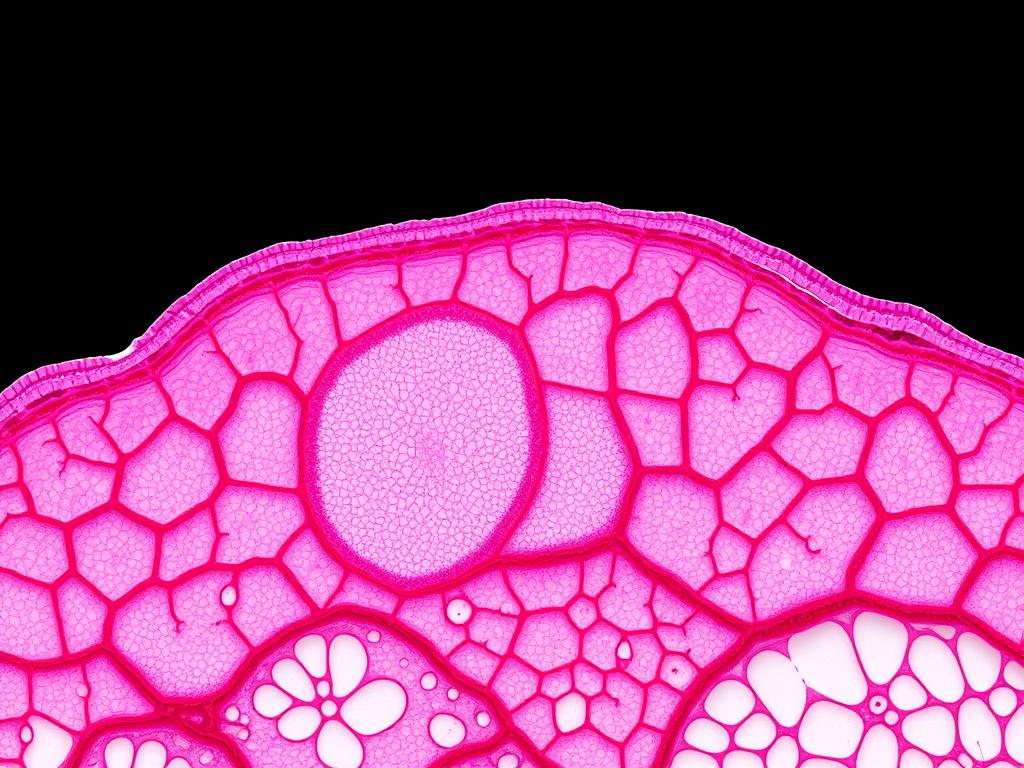Tissues Tissues Are The Next Level Of Structural Organization
Tissues Tissues are the next level of structural organization in the human body, acting as the building blocks that form organs and organ systems. They are groups of similar cells, along with their extracellular matrix, that work together to perform a specific function. The study of tissues is known as histology. The human body is composed of four primary tissue types, each with unique structures and functions that contribute to the overall complexity and operation of the organism. These four fundamental types are epithelial tissue, connective tissue, muscle tissue, and nervous tissue. Understanding the characteristics, locations, and functions of each tissue type is crucial for comprehending how organs and systems operate, and how they respond to various physiological stimuli and pathological conditions. The distinct structural properties of each tissue type are intricately linked to its specialized role, illustrating a core principle of biology: form follows function.
05.08.2025 00:00
Similar Images














